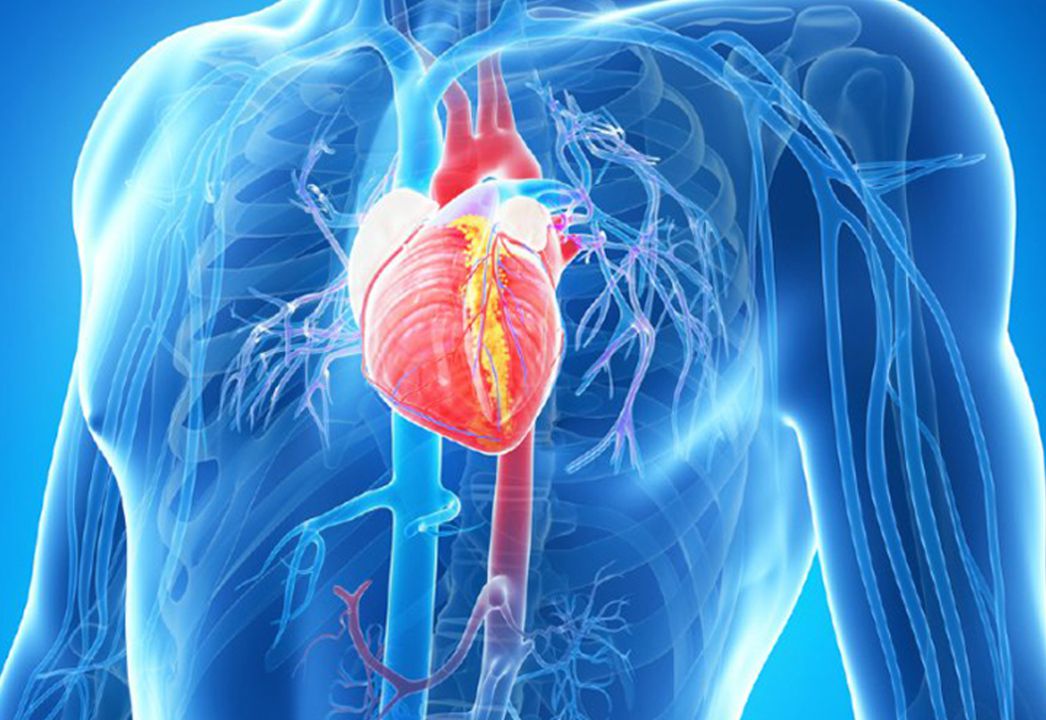
Cardiovascular surgery is a medical specialty that deals with surgical procedures on the heart, blood vessels, and lungs. It is a highly specialized field that requires extensive training and experience, and is used to treat a variety of conditions related to the cardiovascular system.
Here are some key points to keep in mind when considering cardiovascular surgery:
There are many different types of cardiovascular surgery, including bypass surgery, heart valve repair or replacement, aortic aneurysm repair, and heart transplant. The type of surgery chosen depends on the specific condition being treated, as well as the patient's overall health and other factors.
Before undergoing cardiovascular surgery, patients undergo a thorough pre-operative evaluation, including medical tests and imaging studies. This helps to ensure that the patient is healthy enough to undergo surgery, and helps to identify any potential risks or complications.
Cardiovascular surgery is typically performed under general anesthesia, and may require the use of a heart-lung machine to temporarily take over the functions of the heart and lungs during the procedure. The surgeon will make incisions in the chest or abdomen, depending on the specific procedure being performed, and will work to repair or replace damaged or diseased tissue.
After the surgery, patients will be closely monitored in the hospital, typically for several days to a week or more, depending on the type of surgery performed. During this time, patients will receive pain medication and other supportive care, and will work with physical therapists to begin the process of rehabilitation.
Like any surgery, cardiovascular surgery carries some risks and potential complications. These can include bleeding, infection, blood clots, and damage to surrounding organs or tissues. However, with proper care and monitoring, the risk of serious complications is generally low.
Following cardiovascular surgery, patients may be advised to make certain lifestyle changes, such as quitting smoking, improving their diet, and increasing their physical activity. These changes can help to reduce the risk of future cardiovascular problems and promote overall health and well-being.
In summary, cardiovascular surgery is a complex and highly specialized field that can be used to treat a variety of conditions related to the heart, blood vessels, and lungs. While the surgery itself carries some risks and potential complications, with proper care and follow-up, patients can often achieve excellent outcomes and enjoy improved health and quality of life.